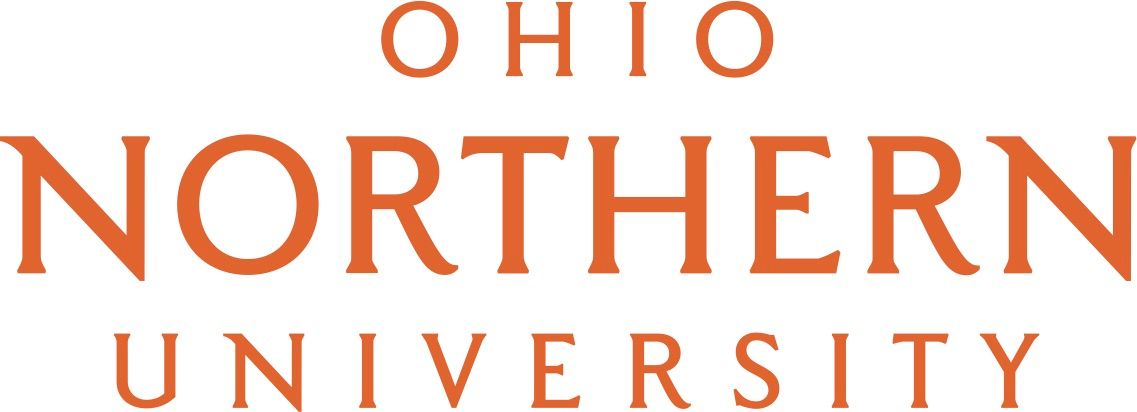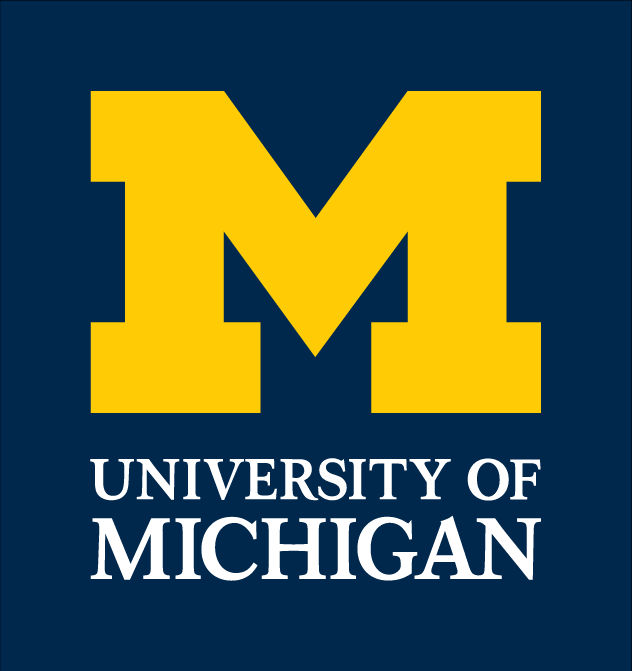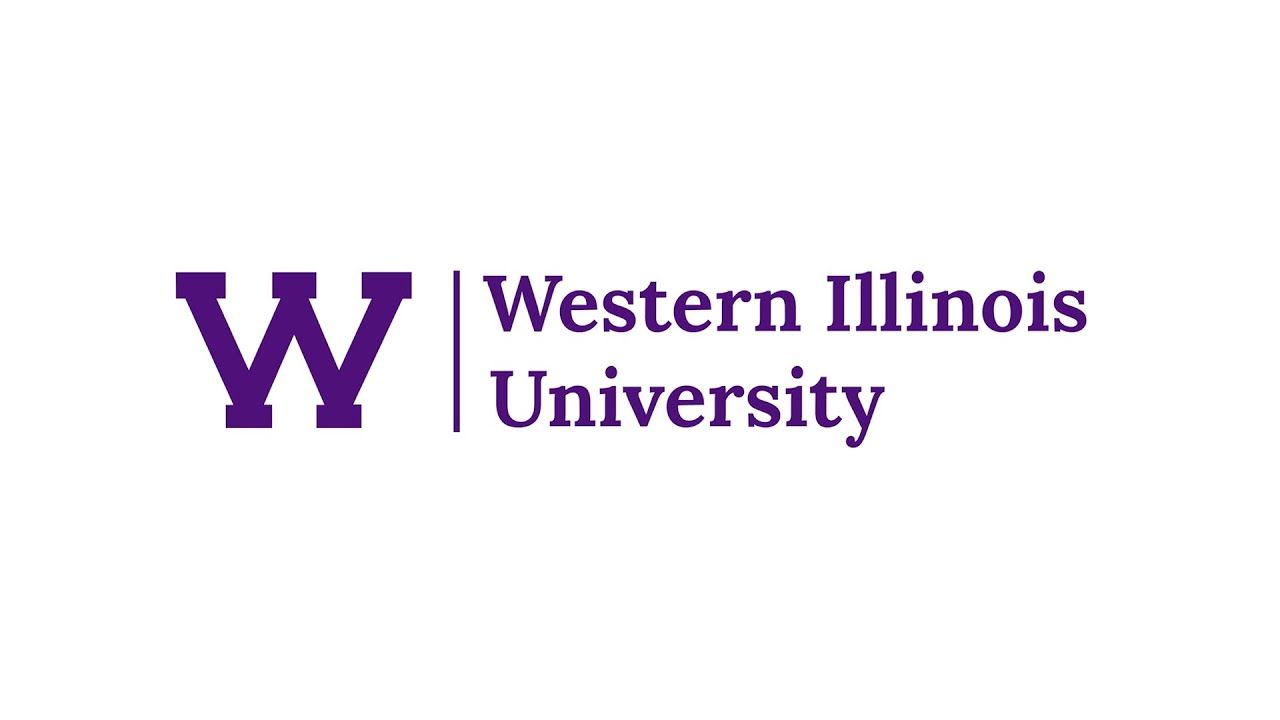- Countries
- Accounting Courses
- Data Science Courses
- Digital Marketing Courses
- Artificial Intelligence Courses
- Healthcare Management Courses
- Business Analytics Courses
- Business Management Courses
- Cyber Security Courses
- Management Courses
- Nursing Courses
Popular Streams
- Masters in Computer Science
- Masters in Management
- Masters in Public Health
- Masters in Cyber Security
- Masters in Engineering Management
- Masters in Law
- Masters in Finance
- Masters in Project Management
- Masters in Civil Engineering
- Masters in Psychology
Popular Specializations
- Nursing Courses
- Diploma Courses
- Hotel Management Courses
- Accounting Courses
- Cyber Security Courses
- Data Science Courses
- Medical Courses
- Psychology Courses
- Teaching Courses
- Healthcare Management Courses
Popular Streams
- Masters in Business Analytics
- Masters in Public Health
- Masters in Finance
- Masters in Computer Science
- Masters in Data Science
- Masters in Teaching in Australia
- Masters in Education
- Masters in Pharmacy
- Masters in Social Work
- Masters in Information Technology
Popular Specializations
- Australian National University
- Edith Cowan University
- University of South Australia
- University of Wollongong
- Murdoch University
- University of New South Wales
- University of Newcastle
- Charles Darwin University
- University of Canberra
- University of Southern Queensland
Top Ranked Universities
- Cost of Living in Australia
- Career Opportunities in Australia
- Canada vs Australia to Study
- Student Visa Australia
- Australia vs Ireland to Study
- MBA in Australia Cost
- PR Courses in Australia
- Scholarship for Indian Students in Australia
- Post Study Work Visa in Australia
- How to Get Australian Citizenship
Top Reads
- Diploma Courses
- Project Management Courses
- Business Management Courses
- Management Courses
- Healthcare Management Courses
- History Courses
- Nursing Courses
- Data Science Courses
- Digital Marketing Courses
- Biotechnology Courses
Popular Streams
- Masters in Computer Science
- Masters in Management
- Masters in Public Health
- Masters in Business Analytics
- Masters in Law
- Masters in Biotechnology
- Masters in Education
- Masters in Project Management
- Masters in Psychology
- Masters in Pharmacy
Popular Specializations
- Digital Marketing Courses
- Nursing Courses
- Diploma Courses
- Data Science Courses
- Hotel Management Courses
- Project Management Courses
- Accounting Courses
- Artificial Intelligence Courses
- Best Courses to Study
- Cyber Security Courses
Popular Streams
- Masters in Management
- Masters in Law
- Masters in Public Health
- Masters in Computer Science
- Masters in Cyber Security
- Masters in Data Science
- Masters in Marketing
- Masters in Project Management
- Masters in Business Analytics
- Masters in Psychology
Popular Specializations
- Data Science Courses
- Pharmacy Courses
- Civil Engineering Courses
- Dentistry Courses
- Business Courses
- Mechanical Engineering Courses
- Teaching Courses
- Law Courses
- Electrical Engineering Courses
- Aviation Courses
Popular Streams
- MS in Civil Engineering
- MS in Mechanical Engineering
- MS in Pharmacy
- MS in Accounts and Finance
- MS in Agriculture Services
- MS in Arts
- MS in Behavioural Science
- MS in Biology and Science
- MS in Chemistry
- MS in Computer Engineering
Popular Specializations
- Exams
- IELTS Exam
- IELTS Exam Fees
- IELTS Exam Dates
- IELTS Exam Pattern
- IELTS Test Format
- IELTS Syllabus
- IELTS Eligibility
- Types of IELTS Test
- IELTS Test Centres
- Validity of IELTS Score
IELTS Exam Details
- IELTS Preparation
- IELTS Syllabus
- IELTS Writing Task 1
- IELTS Writing Task 2
- IELTS Tips and Tricks
- Idioms for IELTS Speaking
- Phrases for IELTS Speaking
- IELTS Reading Practice Test
- IELTS Reading Tips
- IELTS Writing Task 2 Topics
IELTS Preparation and Tips
- GRE Exam
- GRE Exam Fees
- GRE Exam Syllabus
- GRE Exam Eligibility
- GRE Registration
- GRE Exam Benefits
- GRE Exam Results
- GRE Exam Score
- GRE Exam Dates
- Score High on GRE
GRE Exam Details
- GRE Verbal Preparation
- GRE Study Material
- GRE AWA Essays
- GRE Sample Issue Essays
- GRE Preparation
- Sections in GRE Exam
- GRE Quantitative Reasoning
- GRE Verbal Reasoning
- GRE Vocabulary List
- GRE at Home
GRE Preparation and Tips
- GRE vs GMAT
- GRE vs CAT
- GRE Score for Stanford
- GRE Score for Harvard
- Universities in USA Without GRE
- How to Send GRE Scores to Universities
- Things to Carry for GMAT Exam
- GRE Percentiles
- How Many Hours is GRE Exam
- GRE Sample Issue Essays
GRE Extra Resources
- GRE Preparation Guide (Free PDF)
- GRE Syllabus (Free PDF)
Free GRE Ebooks
- GMAT Exam
- GMAT Eligibility
- GMAT Syllabus
- GMAT Exam Dates
- GMAT Registration
- GMAT Exam Fees
- GMAT Sections
- GMAT Score
- GMAT Quantitative Syllabus
- GMAT Exam Pattern
GMAT Exam Details
- How to Prepare for GMAT at Home
- GRE to GMAT Score Conversion
- GMAT Preparation Books
- GMAT Preparation
- GMAT Sections
- Things to Carry for GMAT Exam
- Score 700 in GMAT
- GMAT Reading Comprehension
- GMAT Retake Strategy
- GMAT Results
GMAT Preparation and Tips
- GMAT Scholarships
- AWA GMAT
- GMAT Score for Harvard
- GMAT Test Centers
- GMAT Purpose
- GMAT Math Formulas
- MBA in Canada Without GMAT
- MBA in Germany Without GMAT
- MBA in Australia Without GMAT
- MBA in Ireland Without GMAT
GMAT Extra Resources
- GMAT Guide PDF
- Download GMAT Syllabus PDF
Free GMAT Ebooks
- TOEFL Exam
- TOEFL Exam Registration
- TOEFL Exam Eligibility
- TOEFL Exam Pattern
- TOEFL Exam Preparation
- TOEFL Exam Tips
- TOEFL Exam Dates
- Documents for TOEFL Exam
- TOEFL Exam Fee
- TOEFL Syllabus
TOEFL Exam Details
- TOEFL Vocabulary
- Types of Essays in TOEFL
- TOEFL Preparation Books
- TOEFL Speaking Section
- TOEFL Writing Section
- TOEFL Reading Section
- TOEFL Listening Section
- TOEFL Accepted Countries
- TOEFL Accepting Universities in USA
- TOEFL Accepted Universities in UK
TOEFL Extra Resources
- TOEFL Exam Guide (Free PDF)
Free TOEFL Ebooks
- PTE Exam
- PTE Tools
- PTE Exam Dates
- PTE Exam Syllabus
- PTE Exam Pattern
- PTE Exam Fees
- PTE Exam Duration
- PTE Exam Registration
- PTE Accepted Countries
- PTE Exam Eligibility Criteria
PTE Exam Details
- PTE Exam Preparation Tips
- PTE Speaking Test
- PTE Reading Test
- PTE Listening Test
- PTE Writing Test
- PTE Essay Writing
- PTE Describe Image Task
- PTE exam for Australia
- PTE Exam Preparation Books
- PTE Accepted Universities in USA
PTE Extra Resources
- PTE Syllabus (Free PDF)
Free PTE Ebooks
- Duolingo Exam
- Duolingo Syllabus
- Duolingo Test Validity
- Duolingo Preparation
- Duolingo Test Score
- Duolingo Exam Dates
- Duolingo Test Eligibility
- Duolingo Exam Pattern
- Duolingo Exam Fees
- Duolingo Test Results
Duolingo Exam Details
- Duolingo vs PTE
- Duolingo English Test Certificate
- Duolingo English Test Booking
- Duolingo English Test Preparation
- Duolingo Accepted Universities in Canada
- Duolingo Accepted Universities in USA
- Duolingo Accepted Universities in UK
- Duolingo Accepted Universities in Australia
Duolingo Extra Resources
- Duolingo Guide (Free PDF)
- Duolingo Test Pattern (Free PDF)
Free Duolingo Ebooks
- ACT Exam
- ACT Score
- ACT Eligibility
- ACT Exam Dates
- Act Exam Syllabus
- Act Exam Pattern
- SAT Exam
- SAT Syllabus
- SAT Exam Pattern
- SAT Exam Eligibility
SAT & ACT Exam
- USMLE Exam
- USMLE Syllabus
- Usmle Exam Fees
- USMLE Step 1
- USMLE Preparation
- USMLE Exam Eligibility
- OET Exam
- OET Dates
- OET Exam Fees
- OET Syllabus
USMLE & OET Exam
- Resources
- Why Study Abroad
- How to Study Abroad for Free
- Study Abroad Consultants
- Study Abroad Scholarships
- Cost of Studying Abroad
- Study Abroad Myths
- How to Choose a Study Abroad Destination
- Best Countries to Study Abroad
- Cheapest Countries to Study Abroad
- Best Countries to Study MBA Abroad
Study Abroad Essentials
- SOP for Internship
- SOP for Phd
- SOP Format
- SOP for Business Analytics
- SOP for Undergraduate
- SOP for Masters
- SOP for MBA
- LOR Format
- LOR Samples
- LOR for Masters
SOPs & LORs
- Part Time Jobs in Australia
- Highest Paying Jobs in UK
- Highest Paying Jobs in Australia
- Jobs After MBA in Australia
- Part Time Jobs in USA
- Average Salary in Finland
- Average Salary in Ireland
- Average Salary in Singapore
- Average Salary in Canada
- Average Doctor Salary in USA
Jobs & Salary
- Best Education System in the World
- Toughest Exams in the World
- Erasmus Mundus Scholarship
- Types of Engineering
- Best Flying Schools in the World
- Difference Between Diploma and Degree
- Difference Between College and University
- Difference Between GPA and CGPA
- BCA Course Subjects
- How to Convert GPA to Percentage
Must Reads
- Scholarships for Indian Students in UK
- Chevening Scholarship
- Rhodes Scholarship
- Gates Cambridge Scholarship
- GREAT Scholarship
- Charles Wallace India Trust Scholarships
- British Council Scholarships
- Cambridge University Scholarships for Indian Students
UK
- UK Study Guide PDF
- Canada Study Guide PDF
- USA Study Guide PDF
- Germany Study Guide PDF
- Australia Study Guide PDF
- Singapore Study Guide PDF
- Ireland Study Guide PDF
Country Guides
- IELTS Preparation PDF
- TOEFL Preparation PDF
- GRE Preparation PDF
- GMAT Preparation PDF
- SAT Preparation PDF
- Duolingo Preparation PDF
- ACT Preparation PDF
- PTE Syllabus PDF
Exams Guides
- Study Abroad Consultants in Kochi
- Study Abroad Consultants in Chennai
- Study Abroad Consultants in Delhi
- Study Abroad Consultants in Kerala
- Study Abroad Consultants in Bangalore
- Study Abroad Consultants in Hyderabad
- Study Abroad Consultants in Mumbai
- Study Abroad Consultants in Thiruvananthapuram
- Study Abroad Consultants in Pune
- Study Abroad Consultants in Thrissur
- Study Abroad Consultants in Ahmedabad
- Study Abroad Consultants in Noida
- Study Abroad Consultants in Vizag
- Study Abroad Consultants in Coimbatore
- Study Abroad Consultants in Visakhapatnam
- Study Abroad Consultants in Indore
- Study Abroad Consultants in Jaipur
- Study Abroad Consultants in Kolkata
- Study Abroad Consultants in kottayam
- Study Abroad Consultants in Chandigarh
- Study Abroad Consultants in Gurgaon
- Study Abroad Consultants in Vijayawada
- Study Abroad Consultants in Bhopal
- Study Abroad Consultants in Lucknow
- Study Abroad Consultants in Nagpur
- Study Abroad Consultants in Dehradun
- Study Abroad Consultants in Surat
- Study Abroad Consultants in Vadodara
- Study Abroad Consultants in Kollam
- Study Abroad Consultants in Navi Mumbai
- Study Abroad Consultants in Thane
- Study Abroad Consultants in Jalandhar
- Study Abroad Consultants in Amritsar
- Study Abroad Consultants in Kozhikode
- Study Abroad Consultants in Ludhiana
- Study Abroad Consultants in Mangalore
- Study Abroad Consultants in Faridabad
- IELTS Coaching Centre in Kochi
- IELTS Coaching Centre in Kottayam
- IELTS Coaching Centre in Thrissur
- IELTS Coaching Centre in Chennai
- IELTS Coaching Centre in Coimbatore
- IELTS Coaching Centre in Bangalore
- IELTS Coaching Centre in Hyderabad
- IELTS Coaching Centre in Ahmedabad
- IELTS Coaching Centre in Chandigarh
- IELTS Coaching Centre in Delhi
- IELTS Coaching Centre in Alappuzha
- IELTS Coaching Centre in Kerala
- IELTS Coaching Centre in Gurgaon
- More
- Sign In























